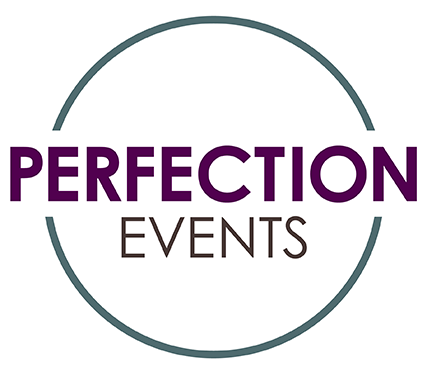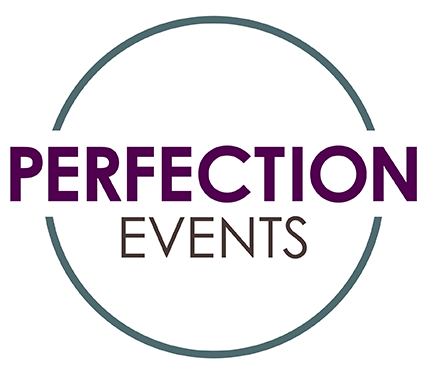
What is the biggest challenge you face in planning effective hybrid events?
Let’s flashback to what planners were doing around this time in 2020: we were postponing our live events to the fall of 2020, thinking that was the “overly cautious” approach. I don’t think anyone imagined that we would still be talking about virtual - and now hybrid - options a full 2 years later, but here we are and we are having those conversations. While I would love nothing more than to only be talking about live events, the reality is that carefully planned virtual and hybrid formats are equally viable and effective options for many events, and will continue to be for the foreseeable future. There are many reasons that are driving the demand for hybrid options, including:
- There are plenty of people who want to attend events, but do not want to attend in-person. This may be due to health reasons, corporate policies restricting travel, a desire to keep a better work/life balance, or even economic reasons as the price of gas increases.
- The capacities of some venues may be lower than they used to be due to reconfiguration, lower staffing levels, or distancing requirements that may pop up. A lower capacity means you can’t accommodate the same number of in-person attendees as before.
- The possibility of revenue increases due to hybrid and virtual options (including the expanded sponsorship opportunities they open) are too substantial to ignore.
When we are talking about a hybrid event, the first thing we need to get clear about is what does hybrid mean. Connecting a tablet to Zoom and sticking it in the back of a meeting room does not make an event “hybrid.”
Designing an impactful hybrid program really means you are planning three events in one: the live event, the virtual event, and the event where live and virtual overlap. As with every other element of a meeting or event, we must start with strategy by answering questions like:
- What is the intention of hybrid?
- What experience do you want your in-person attendees to have?
- What experience do you want your virtual attendees to have?
- What is the shared experience?
- What are the financial implications – both costs and revenue – associated with hybrid?
The answers to these questions will then drive the conversation about what YOUR version of a hybrid event is and provide the outline of how you will go-to-market with the event and persuade your audience to attend.
What is your greatest challenge in planning/hosting hybrid events?
If you have questions about your next live, hybrid, or virtual event and need some direction on strategy, drop me a note and let’s have a conversation.

